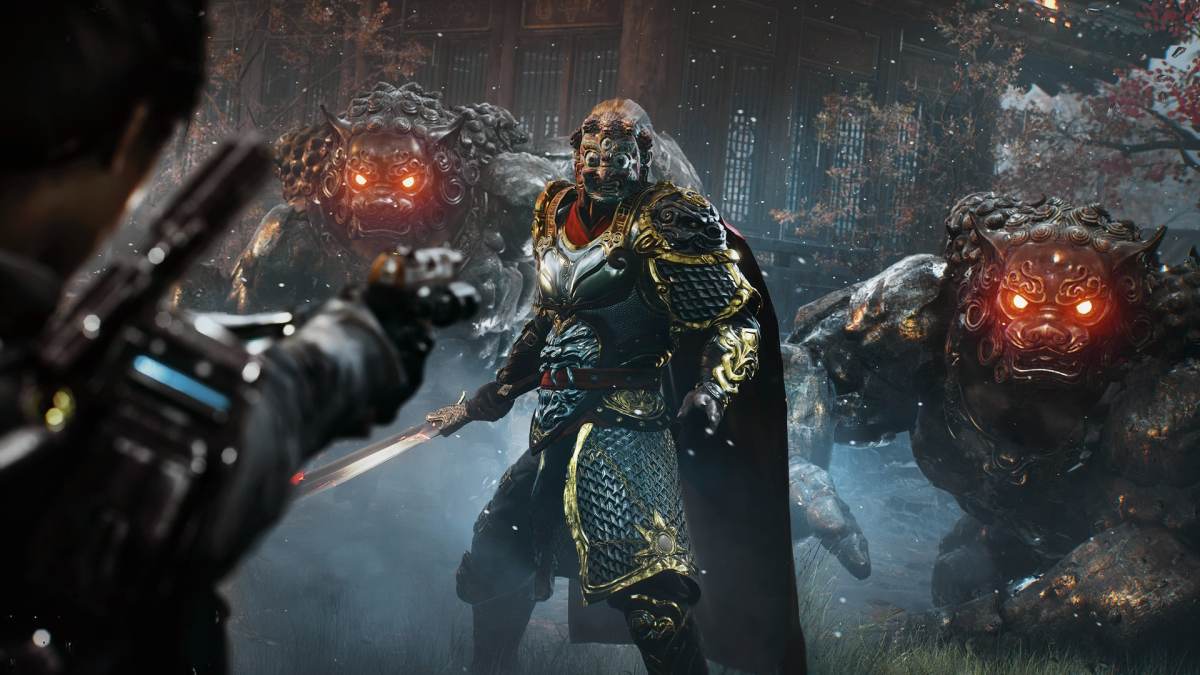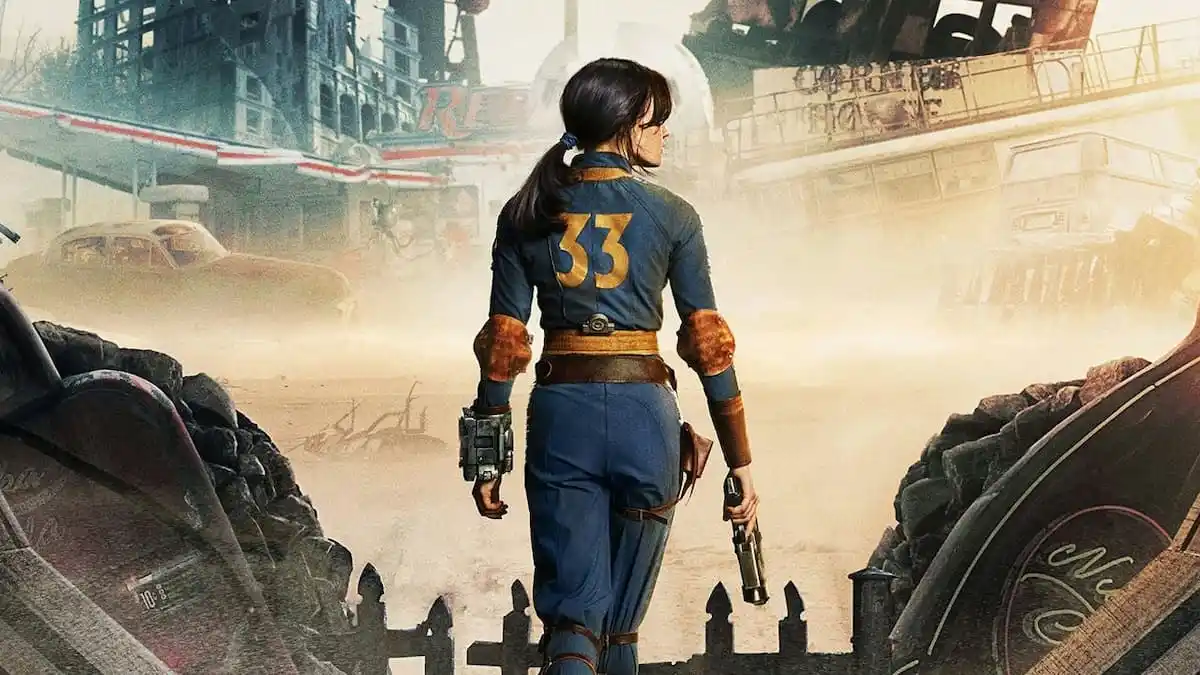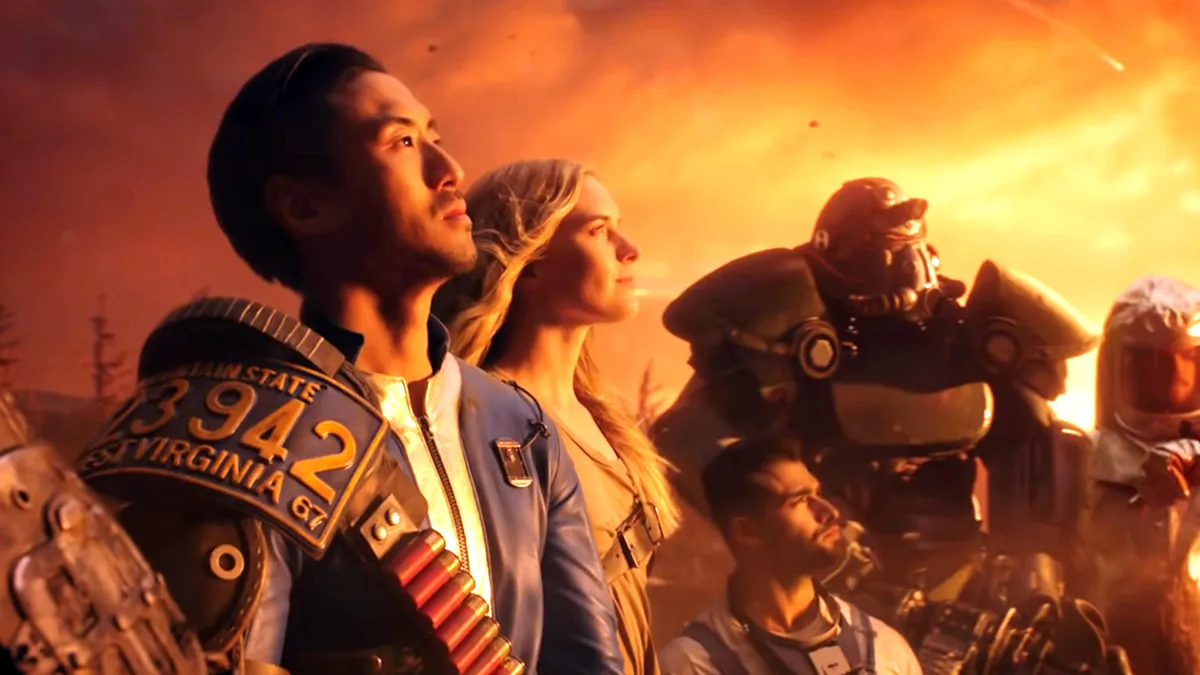Bright Memory: Infinite throws back to earlier game design in several ways, one of the most prominent of which is that gameplay is paramount. The story is wafer-thin, the set dressing is repetitive, and the collection of ancient artifacts to power up futuristic weaponry is nonsensical. But the moment-to-moment experience of slashing, blasting, and free-running is the very definition of escapism. Bright Memory: Infinite is two-and-a-half hours of blistering action. It looks and feels like the mid-budget child of Titanfall 2 and Devil May Cry, with occasional forays into Uncharted-bonkers set pieces.
Some disdain is inevitable at the appearance of the hyper-linear driving and enforced stealth segments. These ideas were done to death 10 years ago, and they remain as dull now as they were at the height of their popularity. Setting aside those awkward diversions, Bright Memory: Infinite is relentless. Corridor levels and set piece-driven design keep you moving forward, leaving no time to piece together the chaos of what passes for a narrative here. Ancient soldiers and futuristic weaponry, clandestine military bodies, a mystical emperor, some semi-important (maybe) military goon, and a black hole ripping apart the Chinese landscape are all a part of this slurry of a story.
For all the ideas on display, there’s almost no interest in explanation, let alone in-depth exploration. There was a brief moment before the final boss battle when I thought maybe I was starting to get some understanding of why I’d been eviscerating goons and mystical whatsits for the last little while. But then the adventure crashed to an abrupt halt, leaving nothing to grasp onto. The game gave me a cutscene that introduced a MacGuffin that was going to do… something. Except it didn’t, and the story ended.
Or, more accurately, it recalibrated.
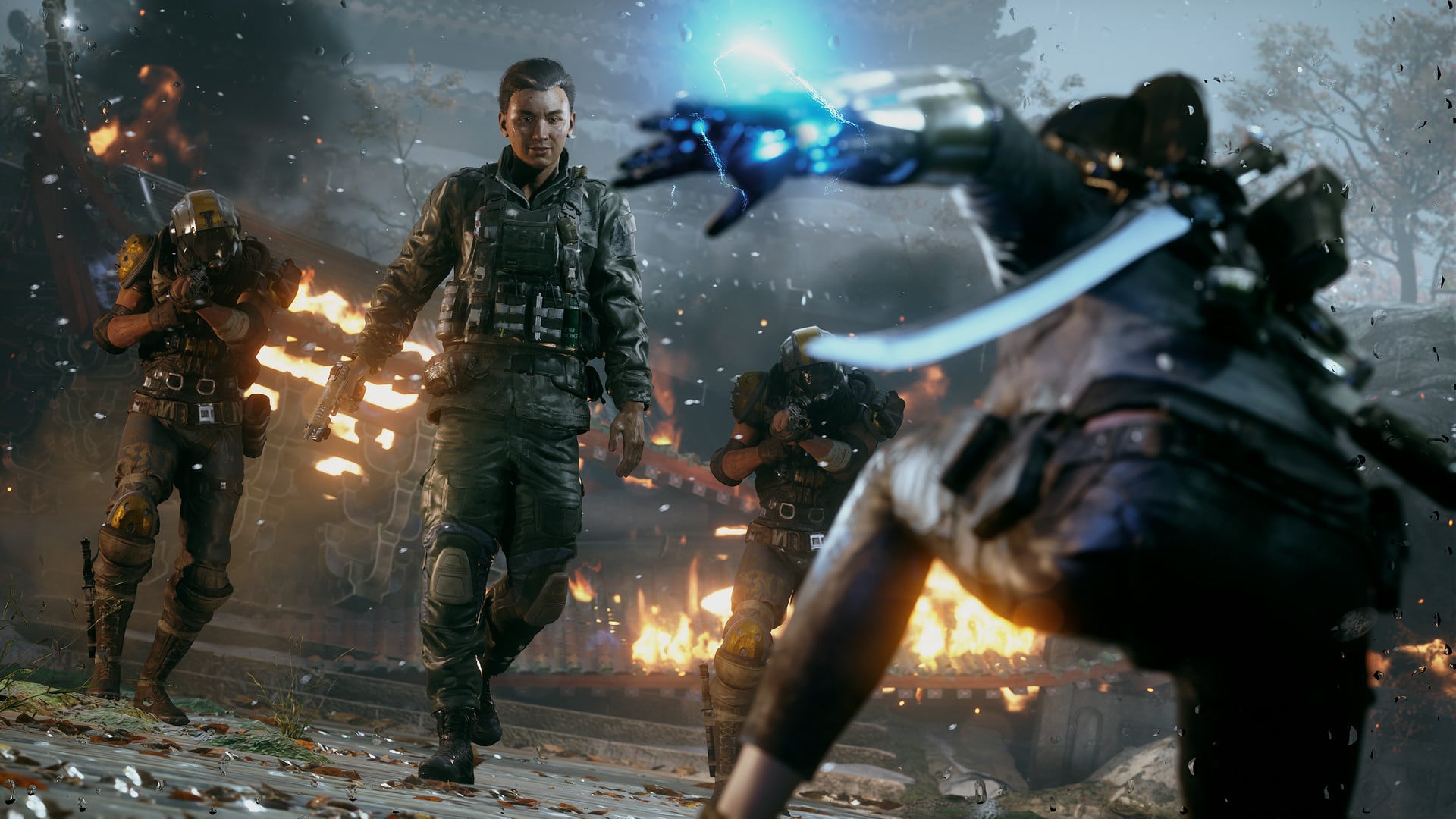
My initial reaction to the abrupt ending was confusion, swiftly followed by private condemnation. I had expected hollowness from this blitzaktion shooter, but I hadn’t expected its sheer disrespect for my time. After a couple of days, though, I couldn’t shake the feeling there was something else there.
That hidden something is buried in the story’s reset. While the beginning and ending both see protagonist Shelia waking up in an apartment on January 27, 2036, with fireworks outside the window and a report on the TV, the differences are hardly subtle. Shelia’s outfit changes from pajamas to military garb. The news is about an archaeological discovery rather than the black hole. Finally, though it’s subtle, there’s a sense of awareness to Shelia’s reaction.
And of course, there’s the Infinite of the title, which makes sense only in retrospect. Bright Memory: Infinite is a time loop game without any time loop mechanics. It’s of a kind with The Forgotten City, Deathloop, and Twelve Minutes in that the setting is characterized by your disorientation. A sense of not-quite-rightness pervades the action, and your task is to trace that back to its source to course-correct the world. You do so through repetition, learning a little more about the processes involved with each loop.
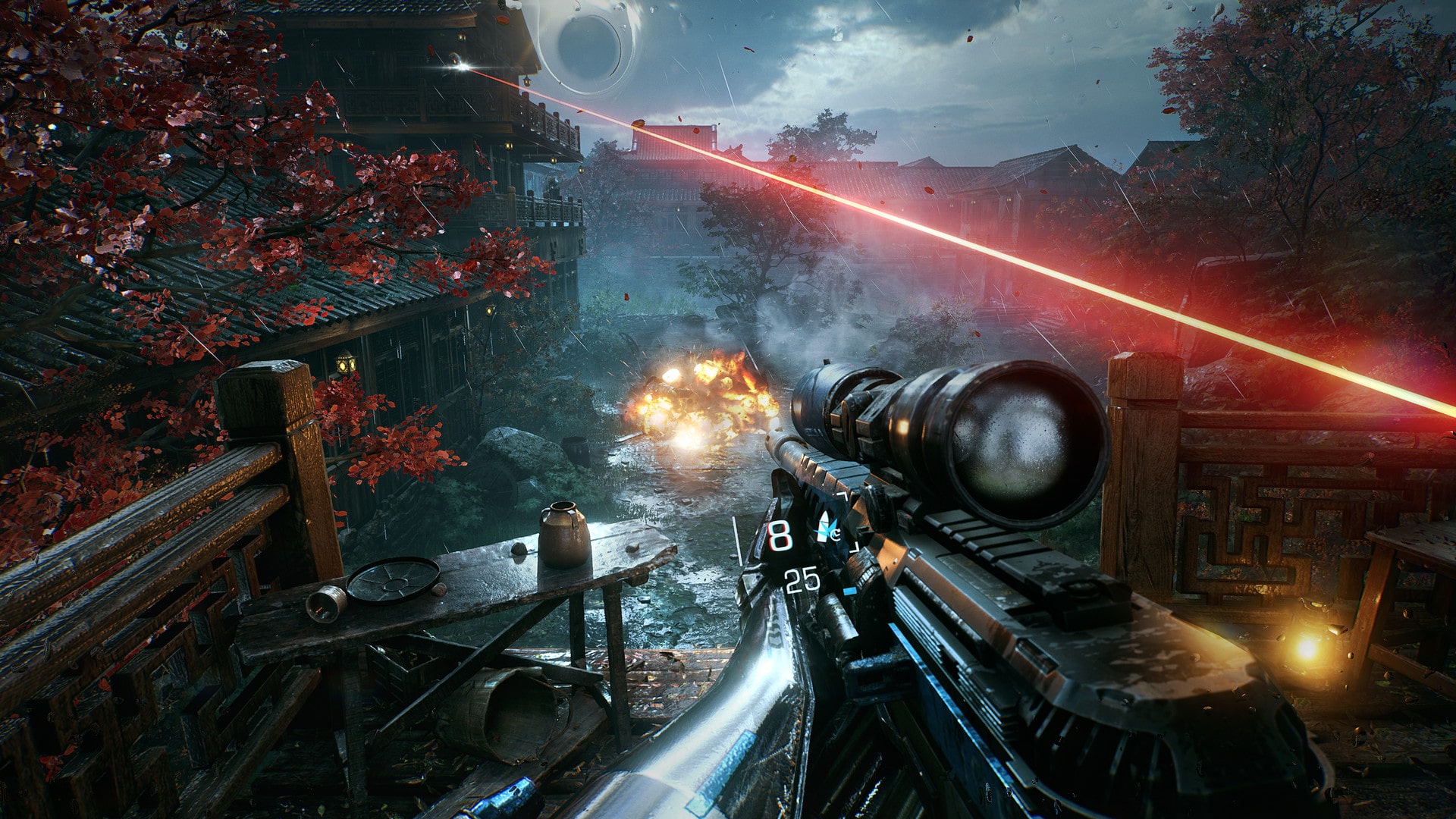
That’s the norm that Bright Memory: Infinite rejects. The game doesn’t care about processes, only outcomes. Ergo, the flashy action rewards your inelegant slashes, trigger-mashing, and boss cheesing. You don’t need to engage; your role is purely to experience.
Again, gameplay is key.
What matters is the moment, not the totality. You’re not meant to think about it. Who cares if you max out every skill and learn the use cases for each when you’re flinging beams of energy from a futuristic sword and punching giant demons in the face with your mechanized arm? Likewise, you don’t need to engage with Shelia’s processes to break the time loop – partly because she’s not in on the secret that it exists. You simply go through the motions until the problem resolves itself.
In the end, Bright Memory: Infinite is a curiosity because it challenges us to consider its thematic unity in a way we normally wouldn’t. It’s not a BioShock or a Spec Ops: The Line, leaning on interactivity to muse on philosophical quandaries. In fact, it does the opposite, emphasizing the absence of a comprehensible theme.
But that apparent absence is disingenuous. Across the story and the gameplay, Bright Memory: Infinite is all about the moment, and that focus on the present delivers outcomes no one could expect: success that we never even knew we were fighting for. Carpe diem.

